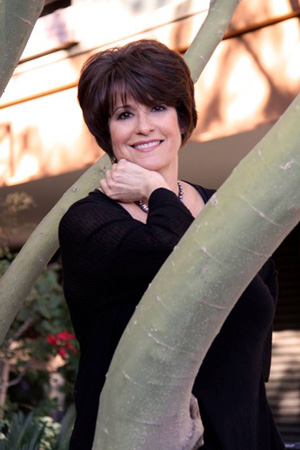Jana Hadany, vice president of Avilan Storied Diamonds, on choosing conflict-free diamonds.

Choosing a diamond, like planning a wedding, takes a lot of forethought and research. And just like choosing a spouse, you have to choose a diamond that makes you feel good and aligns with your core values. Canadian diamonds adhere to strict labor laws, but they still cause Canadian Aboriginals to fight for the mines benefit, rather than fight for their communities and environment. The Canadian diamond supply is also controlled by the largest transnational mining companies in the world (De Beers, Rio Tinto, BHP-Billiton). Then there are Forever Mark diamonds which have first-party certification, which is not the strongest validation a diamond can have. What a bride ultimately wants is a certified, third-party validated, transparent source for her diamond. Also, choosing a diamond that is conflict-free is a good start, but it doesn't address the environment. It comes down to what you're looking for personally, your comfort level, and how you want your symbol of everlasting love to be represented.
There are many definitions for "responsible," either from a humans' rights perspective, environmental or both. If talking from a conflict point of view, there are certain areas that are considered "conflict-free," such as Canada, Botswana, and Namibia.
As far as environmentally responsible, basically no diamond mining companies fall into that category. Ecosystems are still disturbed by mining, no matter how "ethical" and "eco-friendly" the claims may be; on average it takes 1,750 tons of earth to find one carat of jewelry-quality diamond.
Ultimately, the way to know if the diamond is responsible is to check their certification claims. There are three types of certifications available: first, second, or third party certified. First-party certification is the company themselves saying that their product is responsible with no independent party to verify. Second-party certification means that an organization that the company is a member of, or affiliated with, has validated their supply chain. Third-party certification is when a completely unaffiliated, independent organization validates your diamond supply chain. It is best to select diamonds from a company that has complete transparency and third-party validation. (Avilan is a first and only third-party certified responsible supplier of diamonds.) Through education on the various types of certifications, the definitions of responsibility and the true environmental impact of mining, brides can select a diamond that is truly responsible.

Jana Hadany, vice president of Avilan Storied Diamonds
